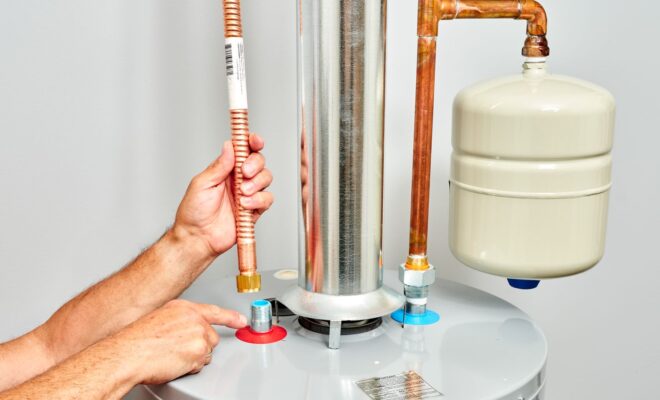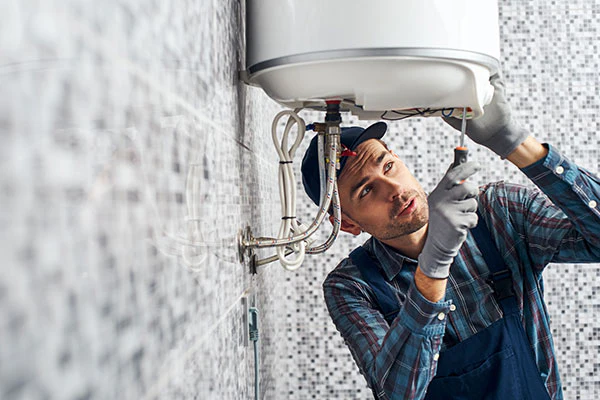How Routine Inspections Help Avoid Leaky Water Heaters

A water heater quietly supports the comfort of any home, providing warm water whenever needed. It often works in the background and tends to be forgotten until something draws attention to it. One of the most overlooked yet essential tasks for homeowners is scheduling regular inspections. Without consistent checkups, hidden issues may slowly develop inside the unit.
When a water heater is leaking, it usually indicates that an internal or external component is failing. Minor signs may go unnoticed until they create visible or costly damage. Regular inspections offer the chance to stay ahead of wear and deterioration, keeping the appliance performing as intended over time.
Detecting Early Signs of Internal Wear
Inside the tank, minerals can accumulate, and components may shift or wear out over time. These changes can be subtle but can affect how the system operates. When buildup or aging occurs, internal pressure, heating elements, and storage space are all impacted. A professional checkup helps identify these early changes before they grow into larger concerns.
Inspections allow for targeted checks of the heating mechanism and control systems. These parts influence how well the heater performs and how efficiently it operates. Catching changes in these areas early can make a difference in how long the system stays reliable. This keeps the appliance in a steady condition across seasons.

Maintaining Steady System Performance
A consistent maintenance schedule supports overall system function. Routine checks give attention to valves, pipes, and thermostat controls. These parts play an active role in ensuring that temperature levels remain consistent and reliable throughout the home.
A leaky water heater can sometimes be traced back to a worn valve or corroded connector. These parts are often inexpensive to replace but left unchecked; they can cause unnecessary issues. Inspections focus on these areas, ensuring any problem is addressed before it becomes disruptive.
Preventing Damage Through Tank Cleaning
The interior of a water heater tank may seem self-contained, but its condition can gradually change without occasional care. Sediment from water naturally settles at the bottom of the tank, which can alter how the system functions over time. Regular cleaning keeps the tank from buildup, helping the water circulate more smoothly and minimizing unnecessary strain on internal parts.
This process offers several benefits that contribute to the steady function of the water heater:
- Reduces the presence of mineral deposits
- Helps maintain balanced internal pressure
- Protects heating components from sediment
- Extends the condition of tank surfaces over time
Ensuring Safe Operation Without Interruptions
Each inspection includes a look at the safety features built into the heater. Valves that release pressure, thermostats that manage heat, and external piping are all checked. Ensuring these are working properly adds a layer of security for daily household use.
Inspection visits also allow for identifying signs of rust or corrosion around the base or external housing. Keeping those areas clean and stable supports both safety and appearance. This helps maintain consistency in the heating process.
Finding Reliable Help for Regular Maintenance
Keeping up with inspections doesn’t have to be complicated. In many areas, dependable service teams specialize in water heater care as part of routine home maintenance. These professionals understand how to check each part of the system carefully and address any minor concerns before they develop into something more serious.
Working with a trusted local team makes it easier to stay on schedule without second-guessing the system’s condition. Homeowners often turn to well-established service providers in their region who focus on comfort, safety, and long-term performance. This allows them to enjoy steady, consistent water heating without interruptions or unexpected repairs.
If your water heater is leaking, it’s likely an issue that could’ve been avoided with routine maintenance. Regular inspections aren’t just a box to check—they’re a smart, preventive step toward avoiding damage, cutting costs, and keeping your home safe. It’s a small investment of time that pays off in big ways over the life of your appliance.

